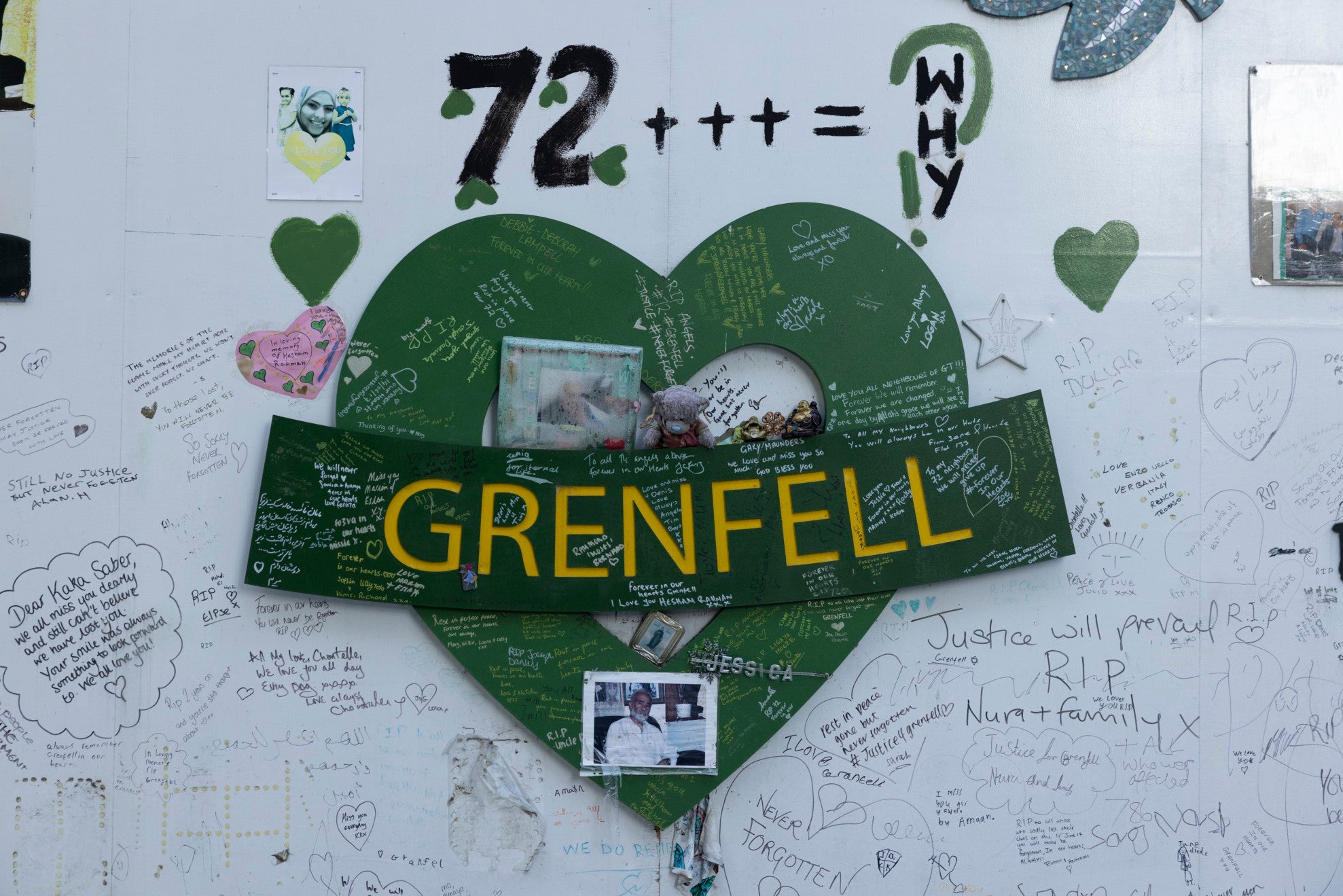The Grenfell tragedy should be a warning to us all
The most important lesson from this disaster: unless housing companies face stronger regulations, they can put us all in danger


Your support helps us to tell the story
From reproductive rights to climate change to Big Tech, The Independent is on the ground when the story is developing. Whether it's investigating the financials of Elon Musk's pro-Trump PAC or producing our latest documentary, 'The A Word', which shines a light on the American women fighting for reproductive rights, we know how important it is to parse out the facts from the messaging.
At such a critical moment in US history, we need reporters on the ground. Your donation allows us to keep sending journalists to speak to both sides of the story.
The Independent is trusted by Americans across the entire political spectrum. And unlike many other quality news outlets, we choose not to lock Americans out of our reporting and analysis with paywalls. We believe quality journalism should be available to everyone, paid for by those who can afford it.
Your support makes all the difference.On the fifth anniversary of the worst residential fire in Britain since the second world war, it’s important to understand we need change across the housing industry, the fire services and government to ensure all of us are safe in our homes.
The Grenfell tragedy was a disaster waiting to happen. The industry has been well aware of the dangers of enveloping buildings with combustible cladding: a fire in 1973 at a leisure centre in the Isle of Man led to 50 deaths; a fire in 1999 in North Ayreshire led to a parliamentary inquiry into the risks of external cladding; in 2009, the Lakanal House fire in London led to an inquest that found external cladding ignited a tower block in under 5 minutes. Local Authorities in London had been repeatedly alerted to the problems and ministers failed to act upon the inquest recommendations.
Building regulations were routinely changed to serve the need and greed of industry. The rot started in the 1980’s with the Deregulation Initiative, the Building Act 1984, compulsory competitive tendering and a myriad other schemes, which cut the fat off excess regulation, as well as the meat and bones. Public safety was sacrificed to fill the pockets of developers and manufacturers. Underfunded regulators played by rules designed to favour the regulated. Successive ministers assisted in a race to the bottom.
We have had phase one of the Grenfell Inquiry Report – the findings are hard-hitting and much criticism has been levelled at the local authority and fire service. Phase two is well under way and we learnt that individuals and the industry knew a startling amount about the dangerousness of the cladding.
But a number of things need to happen if we are to reduce the prospects of another Grenfell.
Parliament should audit the reports to check on progress every year. Michael Gove has started to ensure those responsible for creating this life-threatening problem paid for their greed. The money to pay for replacement of cladding in all high rise buildings needs to be made available as a matter of urgency.
There are likely to be a series of prosecutions, including corporate (or gross negligence) manslaughter, fire safety and health and safety regulation breaches. The potential defendants include the local authority (and devolved bodies) as well as corporations responsible for the selling and installation of the cladding. Families of the deceased and survivors of the fire want prosecutions brought quickly.
Fire regulations and fire regulators must be made more robust, interventionist and clear. There must be an acceptance by the government that when it comes to protecting the public, “light touch regulation” has failed.
To keep up to speed with all the latest opinions and comment, sign up to our free weekly Voices Dispatches newsletter by clicking here
Here are four lessons to take away from this disaster.
Firstly, corporations are greedy and unless constrained by robust regulators, they will put profit before people.
Secondly, local authorities and fire services need a culture change, as well as cash to undo years of neglect in fire safety. Institutional failures must be reversed.
Third, “light touch regulation” has failed repeatedly in fire safety and needs to be replaced by a new set of regulations across the industry.
And lastly, nothing changes until the public demand change; the fear is that after the usual expressions of regret and new beginnings from politicians, it will be business as usual. It’s our responsibility to ensure that doesn’t happen.
Sailesh Mehta is a barrister who practices in regulatory law. He heads the Red Lion Chambers Fire Law Team
Join our commenting forum
Join thought-provoking conversations, follow other Independent readers and see their replies
Comments